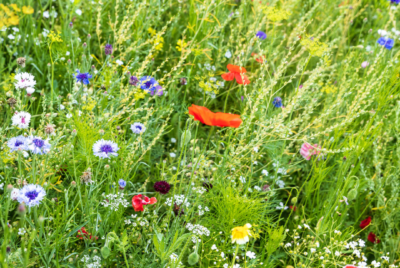RESEARCH
Does Access to Green Space Impact the Mental Well-being of Children: A Systematic Review
Summary
This research paper investigates the relationship between access to green space and the mental well-being of children. Green space, defined as areas with grass, trees, or vegetation in urban settings, is linked to various health benefits for both adults and children. The paper reviews twelve articles that met specific criteria, such as being original research published between 2012 and 2017, and focusing on the mental well-being of children in relation to green space. The review also includes three seminal studies predating 2012 due to their significance in the field. Overall, the studies suggest that access to green space is associated with improved mental well-being, overall health, and cognitive development in children.
The studies included in the review used varied methods such as surveys, tests, and demographic data to assess mental well-being and cognitive development in children. The results indicated that green space promotes attention restoration, moderates stress, improves ADHD symptoms and behaviors, and is linked to higher standardized test scores. Children in high-risk neighborhoods especially benefit from interacting with nature. Furthermore, schools with more green space showed a positive correlation with student performance in English and Math. The research also highlights the importance of green space in schools, suggesting that recess and outdoor learning can positively impact children’s mental and cognitive health.







